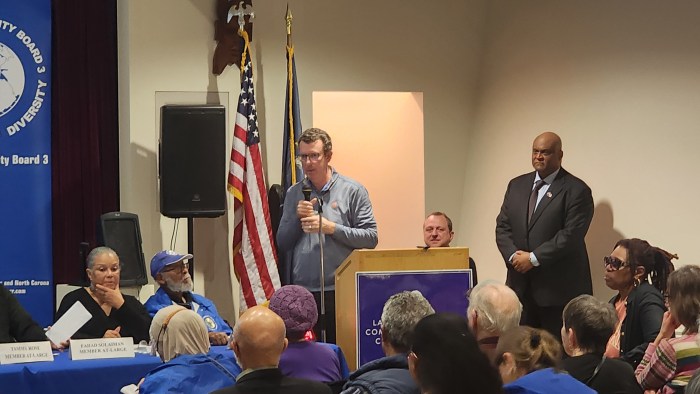Directors of the World Health Organization (WHO) and the Pan American Health Organization (PAHO) have praised Brazil’s research and actions on the Zika virus, saying that the country’s data collection is helping the Caribbean and other countries better address the virus.
“Brazil has been fully transparent with the information,” said PAHO Dominican-born director Carissa Etienne at a press conference at the Oswaldo Cruz Foundation (Fiocruz) in Rio de Janeiro on Thursday flanked by Brazil’s Health Minister Marcelo Castro and WHO director-General Margaret Chan.
“We know because we are on the ground working with the different components of the response, and they have full access to the data,” Etienne added. “What is important is that you confronted this, you responded quickly and you are working to find the answers and the solutions.
“The protocols that you develop here constitute best practices that are very important for the rest of the world,” she continued.
In their visit to Fiocruz, the WHO and PAHO officials were briefed on new technologies to combat the Aedes Aegypti mosquito, as well as diagnosis, prevention and treatment for diseases transmitted by the vector.
Earlier, Chan, Etienne and the PAHO/WHO Representative in Brazil, Joaquín Molina, also visited the National Center for Risk and Disaster Management (Cenad) for discussions with top cabinet members, including the ministers of health, national integration, defence, foreign affairs, social development and fight against hunger alleviation, as well as the secretary of government and the executive secretary of the Ministry of Education.
As part of their assessment of actions taken by Brazil in response to Zika virus infection and its possible consequences, PAHO said Chan and Etienne went to Recife, Pernambuco, to visit the Institute of Integrative Medicine Professor Fernando Figueira (IMIP), a clinical research center that is the National Referral Center for Mother and Child Care Programs.
WHO Executive Director for Outbreaks and Health Emergencies Bruce Aylward accompanied them, and they spoke with health professionals and mothers of children with microcephaly.
PAHO said it has developed a strategy to help regional countries mitigate the impact of Zika virus, through strengthening their capabilities to detect the introduction and spread of the virus, reducing mosquito populations, ensuring the necessary health services, and communicating effectively with the public about risks and prevention measures.
On Monday, United States President Barack Obama wrote to the Speaker of the United States Congress to consider an emergency supplemental appropriations request of about US $1.9 billion to respond to the Zika virus both domestically and internationally, including the Caribbean and Latin America.
In his letter, Obama said this funding would build upon ongoing preparedness efforts and provide resources for the US Departments of Health and Human Services and State, and the US Agency for International Development (USAID).
He said the funding would, among other things, “support immediate response activities to prevent the spread of, prepare for, and respond to Zika virus transmission and enhance the ability of Zika-affected countries to better combat mosquitoes, control transmission, and support affected populations.”
The Atlanta, Georgia-based US Centers for Disease Control and Prevention (CDC) has reports 50 laboratory-confirmed cases of the Zika virus among US travelers from December 2015 – Feb. 5, 2016.
In addition, PAHO has reported 26 countries and territories in the Americas, including the Caribbean with local Zika transmission.
On Feb. 1, 2016, WHO declared the Zika virus a Public Health Emergency of International Concern.
“I urge the Congress to act expeditiously in considering this important request, the details of which are set forth in the enclosed letter from the Director of the Office of Management and Budget,” said Obama in his letter.



















![From left to right: [identifying], Sofia Pajaj, Program Director of HANAC Harmony JVL Older Adult Center, NY State Senator Kristen Gonzalez, Andrea Jerves, Director of Programming and Development at HANAC, and House Representative Alexandria Ocasio-Cortez, NY-14](https://queenspost.com/wp-content/uploads/2024/11/IMG_7647.jpg?w=1024)
